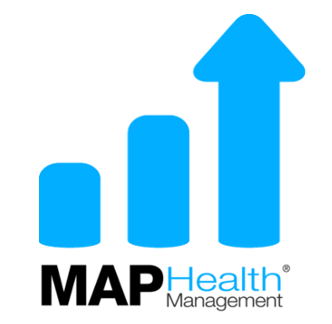Telehealth rises as crucial tool for substance abuse treatment
February 16, 2016 Joseph Goedert
Written by Joseph Goedert and originally published on www.healthdatamanagement.com

Within five years, the majority of substance abuse treatment providers will have telehealth technology to stay in touch with individuals after they leave an inpatient treatment setting.
The reason is simple those in treatment often regress and struggle to avoid the dangerous habits for which they've been treated, says Jacob Levenson, CEO of Map Health Management, a data analytics vendor that focuses on behavioral health.
About 23.5 million individuals in the United States fit the criteria for having a substance abuse disorder; of those, about 5.5 million receive treatment services, and 125,000 die from an overdose each year. Overall, the annual cost to treat substance abuse in the nation tops $560 billion, Levenson says.
Further, insurers are tiring of paying for inpatient substance abuse treatment because providers can't show the treatment is making a difference. In the addiction treatment arena, there is no standardization we can't agree on what success looks like and what relapse is, or what treatment methods to utilize, Levenson adds.
Substance abuse providers generally have insufficient data to demonstrate the effectiveness of their treatments. As a result, insurers are becoming highly distrustful of addiction treatment; and reimbursement amounts are falling as payers start to move to value-based contracting. This approach to reimbursement will increasingly be used to pay for addiction treatment, and that shift won't favor providers, who don't yet know how to deal with the change, Levenson warns.
Map Health Management has multiple insurers lined up during 2016 to measure quality among provider networks, identify providers adequately engaging patients after they leave the hospital and analyze clinical outcomes and financial data to find out what modalities of treatment are more successful and bring a return on value, Levenson says.
The vendor also serves providers that are looking to improve outcomes with a patient management platform that is similar to a physician practice management system and can include video consultation software. Map Health Management also offers peer-to-peer recovery support specialists to help providers improve engagement with patients.
Substance abuse providers who do not adopt video consultation or other telehealth technologies to be able to see and talk with patients between visits won't be able to compete as accountable care comes to the discipline, Levenson believes. Some 30 percent to 40 percent of providers may not be in business within five years because they can't adapt.








